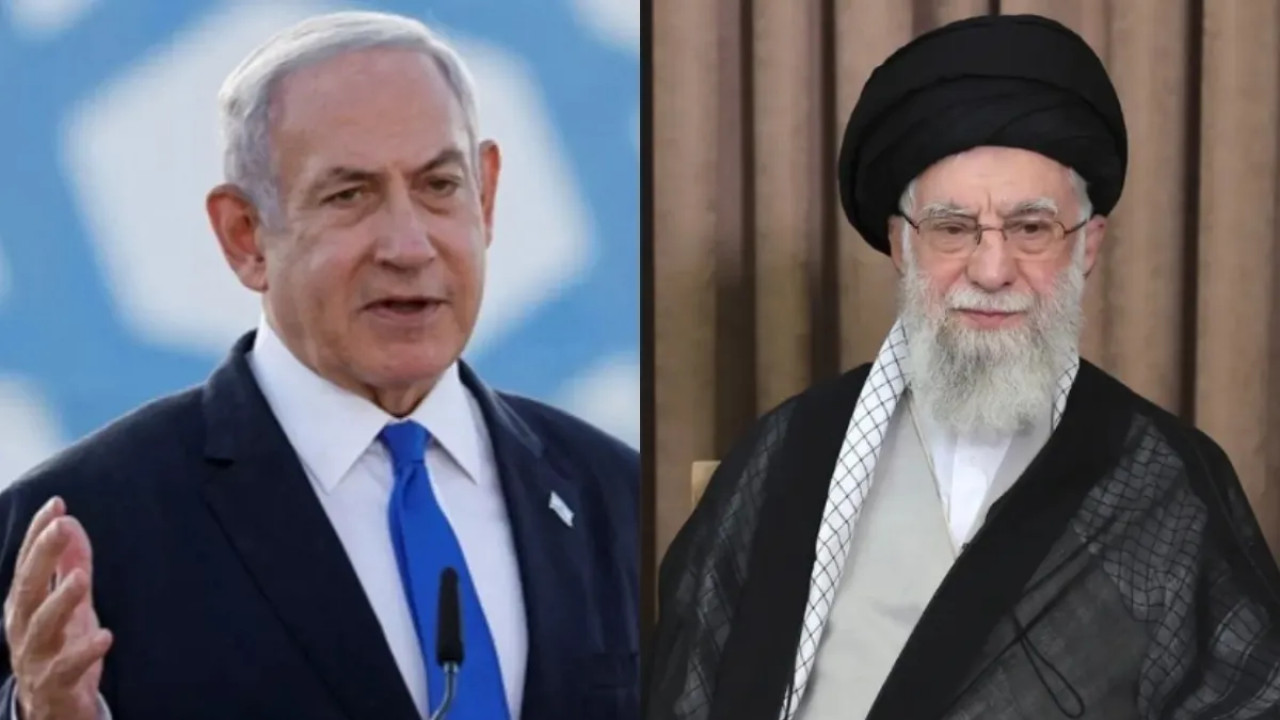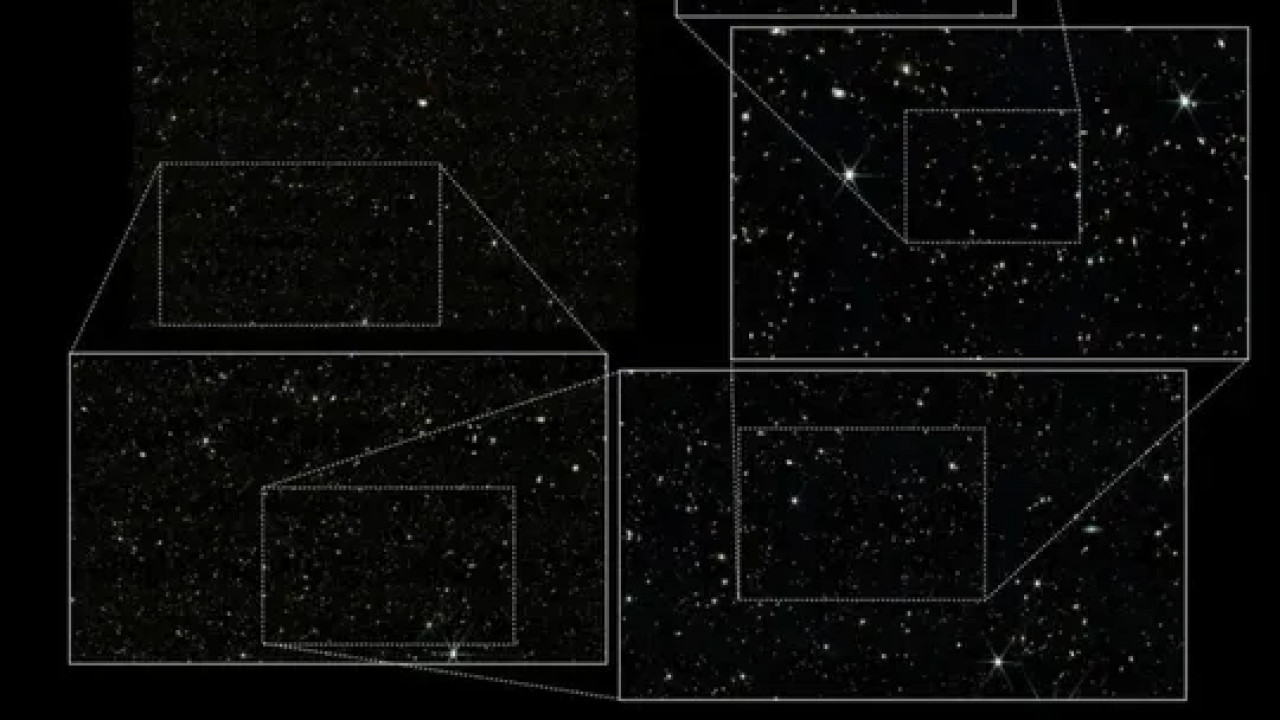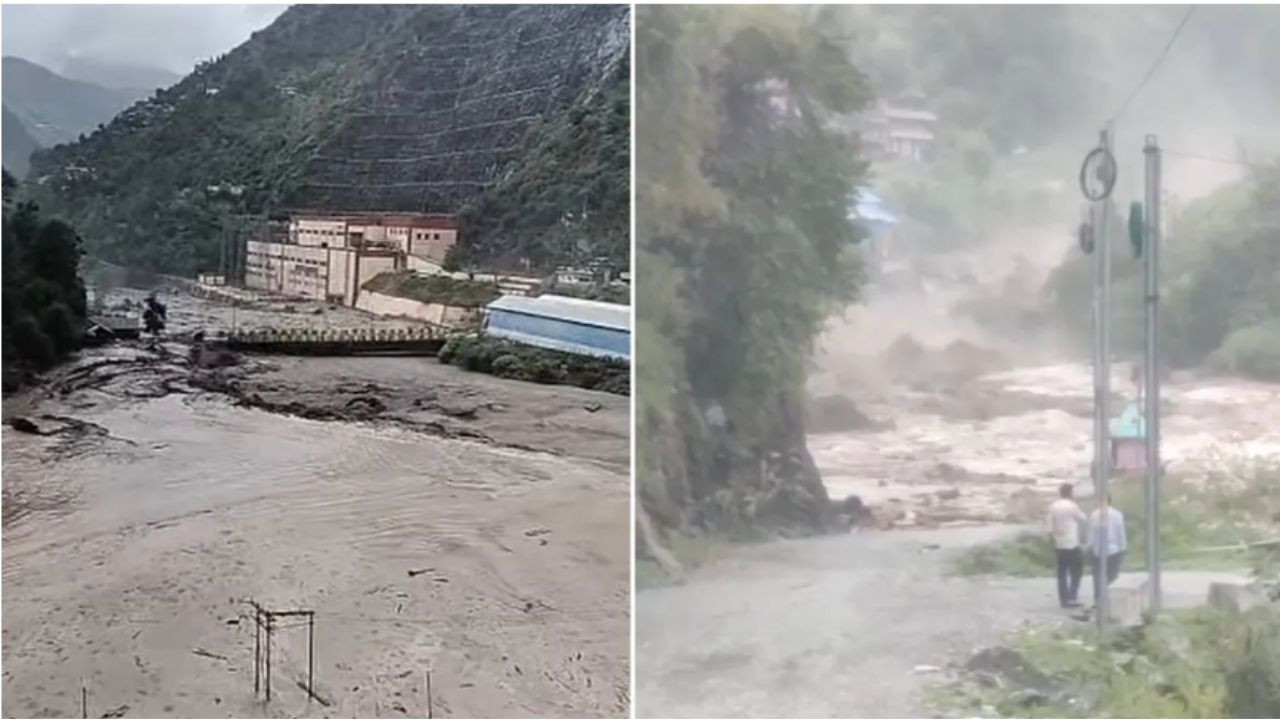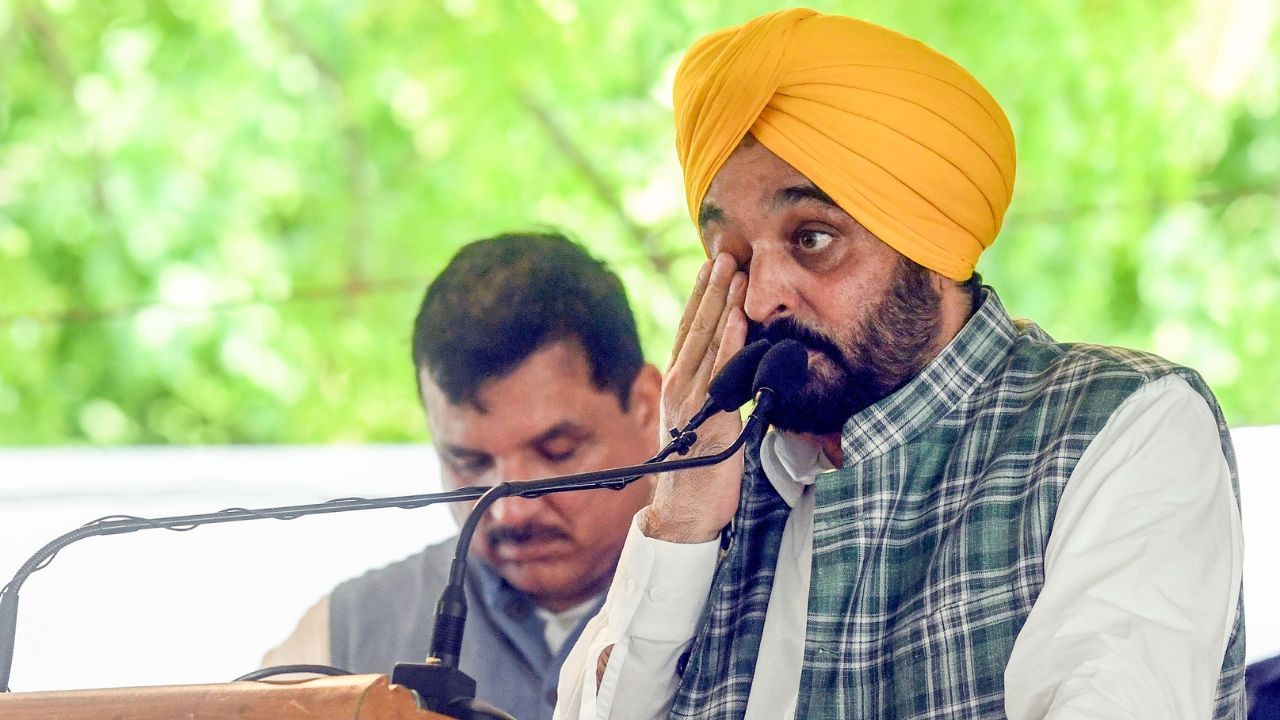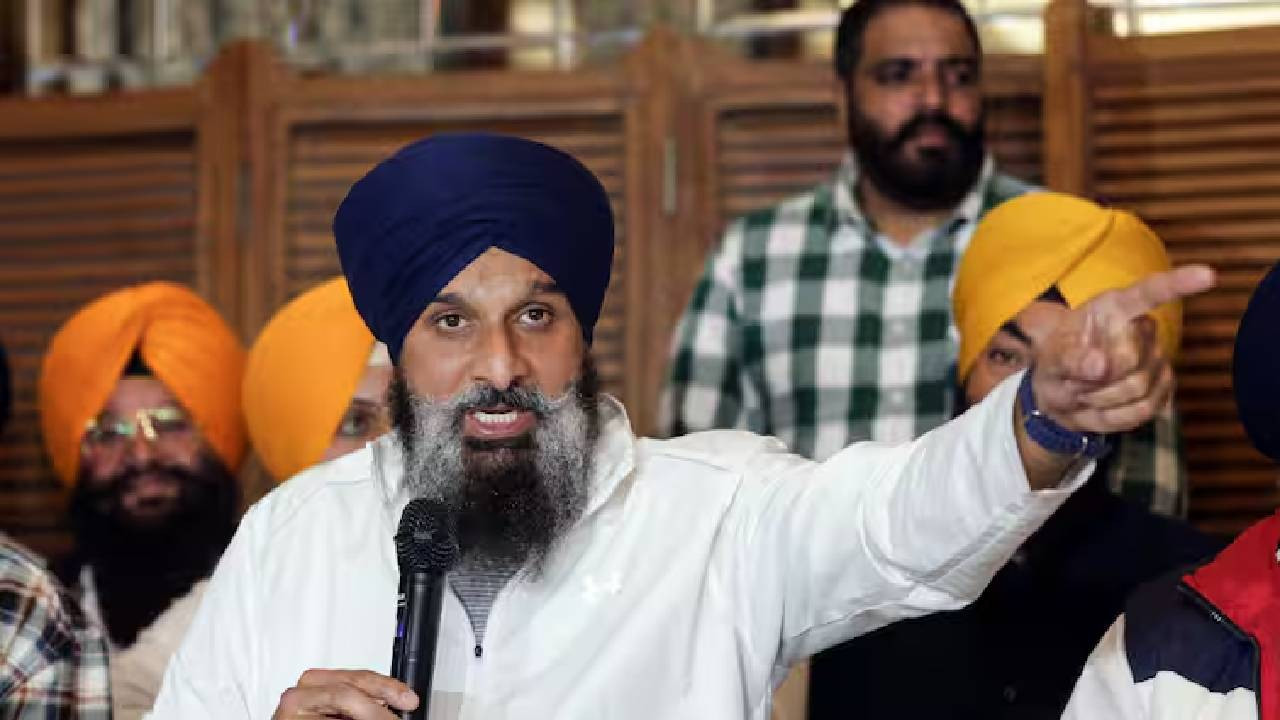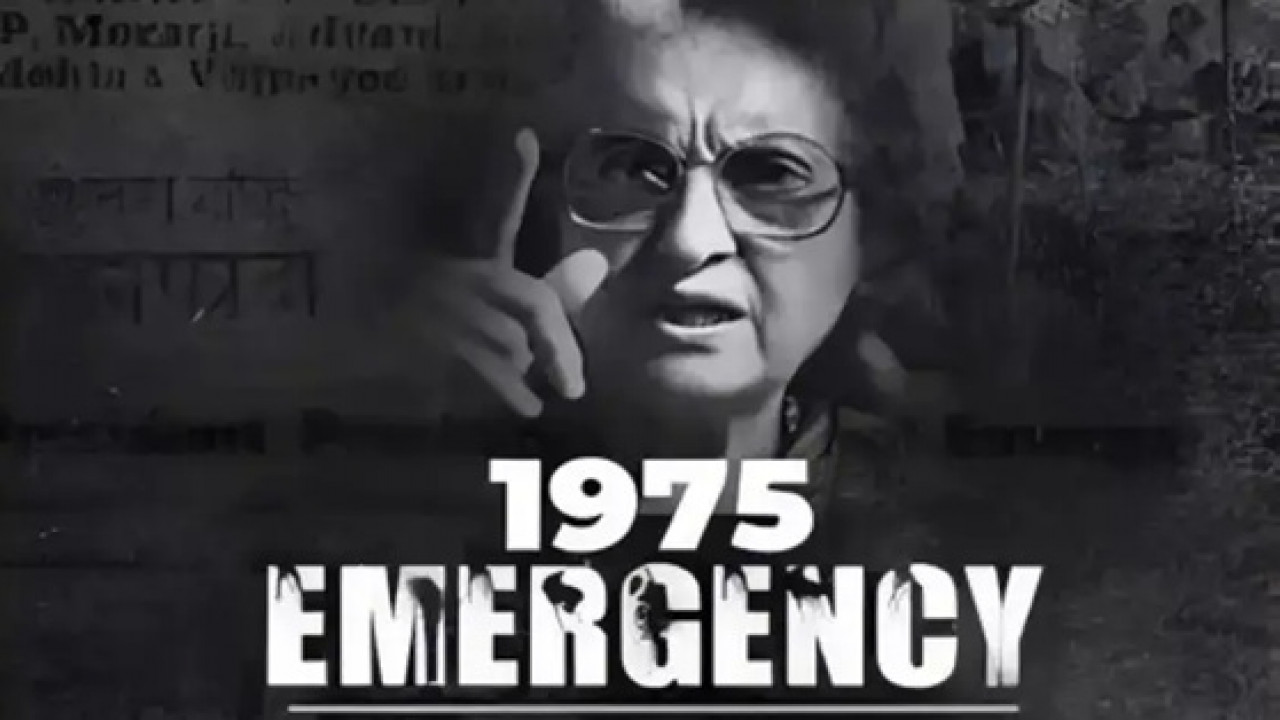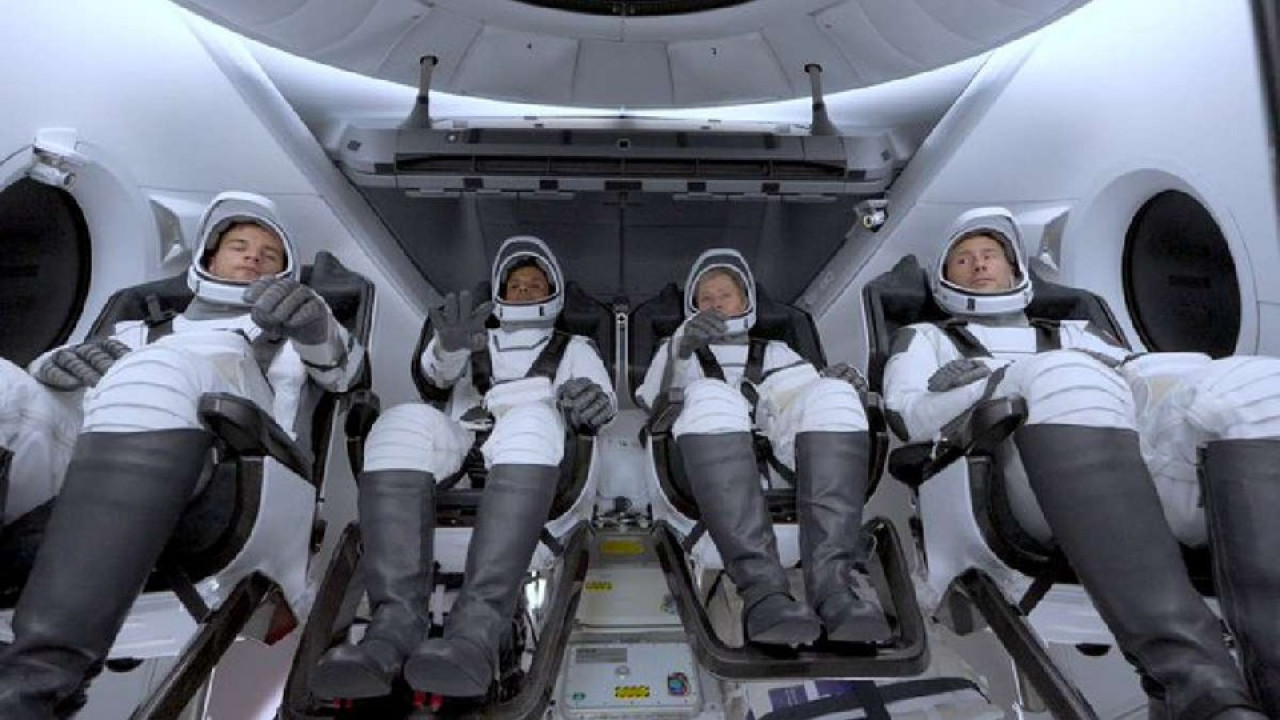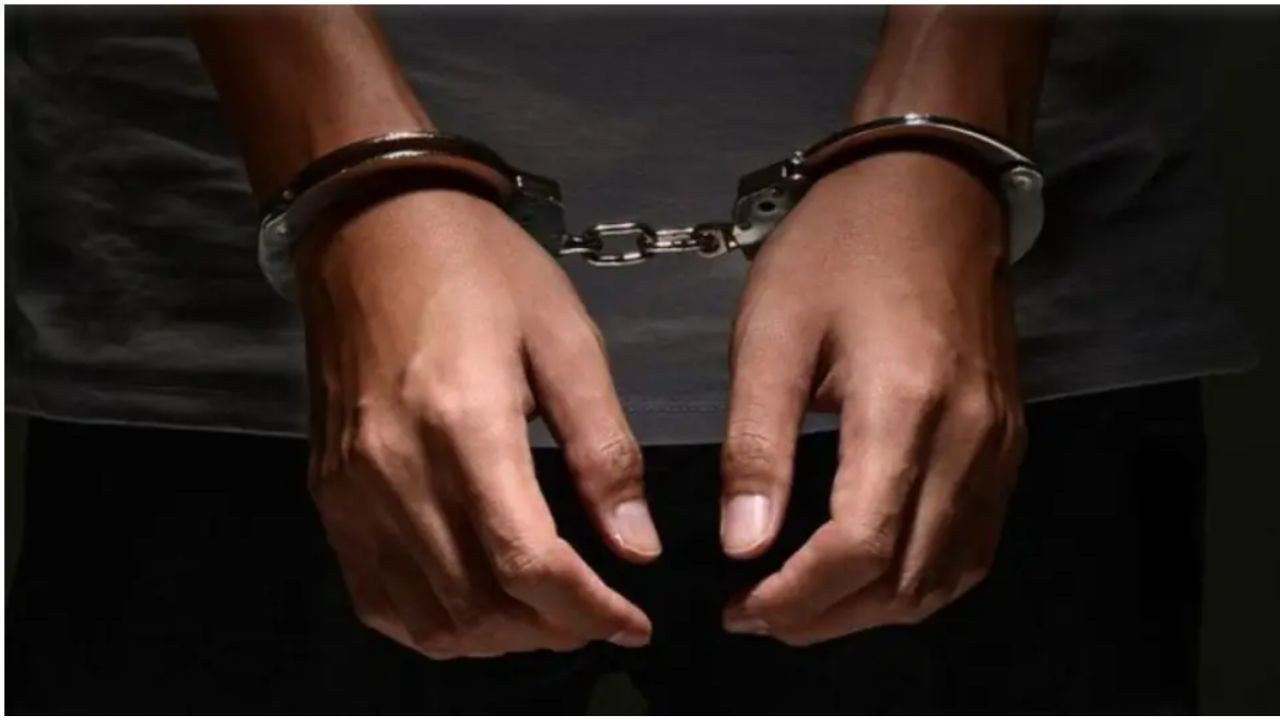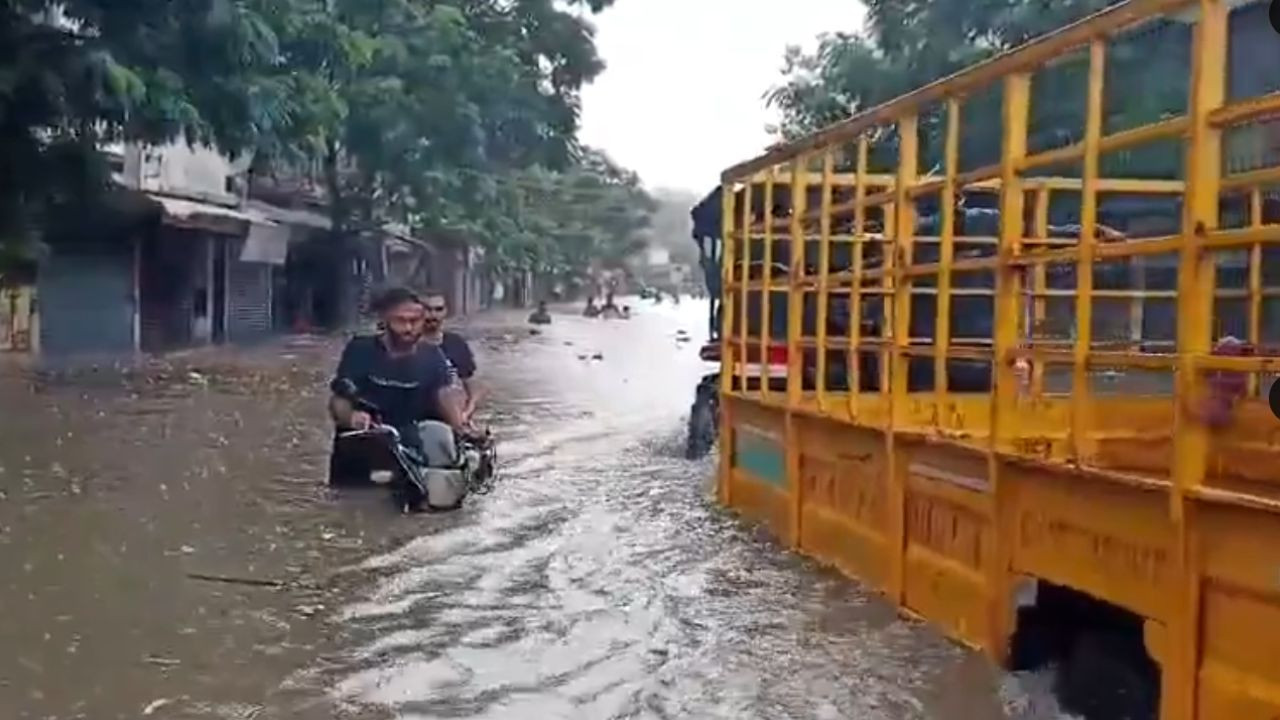World News: After 12 days of intense conflict and devastating attacks between Iran and Israel, a ceasefire officially came into effect on Tuesday. This truce was made possible through the diplomatic intervention of the United States and the mediation efforts of Qatar. However, while the ceasefire has brought a temporary halt to the fighting, it has also given rise to a new wave of suspicion, accusations, and political tension.
Israel Alleges Ceasefire Violation
Just hours after the ceasefire was announced, Israel leveled serious accusations against Iran. According to Israeli military officials, Iranian forces launched drone and missile attacks in several southern and northern border areas. The Israeli defense spokesperson claimed that radar data and thermal imagery prove Iran's involvement in these attacks, asserting that Tehran had violated the terms of the ceasefire.
However, these claims have not yet been independently verified by any international agency or third-party observers.
Iran Rejects the Claims, Calls It Propaganda
In response, Iran has strongly denied the allegations. The country’s official news agency, ISNA, quoted military sources stating that no military action has been taken since the ceasefire began. In a formal statement, the Iranian Defense Ministry called Israel’s accusations “baseless and politically motivated,” claiming they are part of a broader propaganda effort to manipulate global opinion.
IAEA Steps In: A Chance for Renewed Dialogue
Amid these rising tensions, the Director General of the International Atomic Energy Agency (IAEA), Rafael Grossi, has reached out to Iran with a proposal for renewed diplomatic engagement. He sent a letter to Iranian Foreign Minister Abbas Araghchi, suggesting a formal meeting and urging Tehran to resume cooperation with the nuclear watchdog.
In a public statement shared on the social media platform X (formerly known as Twitter), Rafael Grossi emphasized that a return to full and transparent cooperation by Iran with the IAEA could open the door to a diplomatic resolution of the long-standing nuclear dispute. ” His comments come at a critical time, as the international community seeks ways to stabilize the volatile Middle East region.
I welcome announcements on Iran situation. Resuming cooperation with @IAEAorg is key to a successful agreement.
I’ve written to @araghchi stressing this step can lead to a diplomatic solution to the long-standing controversy over ?? nuclear program and proposed to meet soon.
— Rafael Mariano Grossi (@rafaelmgrossi) June 24, 2025Peace or a Temporary Illusion?
Although the ceasefire has temporarily stopped active hostilities, deep-rooted mistrust between Iran and Israel continues to linger unresolved. Both nations continue to accuse each other of deceit and aggression. The IAEA's diplomatic outreach offers a glimmer of hope, but the success of any talks will depend on the willingness of both sides to genuinely engage.
What Lies Ahead?
All eyes are now on Iran’s response to the IAEA's proposal and whether Israel will provide verifiable evidence to support its accusations. If both nations choose diplomacy over confrontation, the region may have a real chance to move toward lasting peace. Otherwise, this ceasefire may prove to be only a short-lived pause in a much larger and ongoing conflict.


